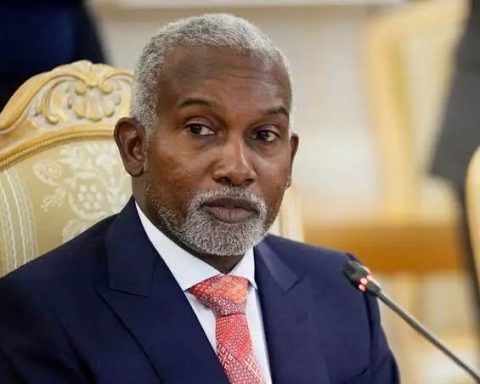The World Health Organisation says alcohol consumption kills about three million people worldwide every year, warning that the substance is responsible for six deaths every six minutes and contributes to a wide range of diseases, injuries and premature deaths. The warning comes as Ghanaian public health advocates intensify calls for the government to pass long-delayed national alcohol control regulations.
The figures were highlighted at Ghana’s second High-Level Stakeholders Meeting on the implementation of the National Alcohol Policy, held in Accra and organised by the Alcohol Policy Alliance Ghana. The meeting brought together representatives from the Food and Drugs Authority, the Ghana Health Service and the National Health Insurance Authority and other institutions involved in health regulation and consumer protection.
According to the WHO, alcohol use accounts for all cases of alcohol use disorders and contributes to 18 percent of suicides, 18 percent of interpersonal violence, 27 percent of traffic injuries and 13 percent of epilepsy cases globally. It also causes nearly half of all liver cirrhosis cases, more than a quarter of mouth cancers and pancreatitis cases, about 20 percent of tuberculosis, 11 percent of colorectal cancers, five percent of breast cancers and seven percent of hypertensive heart disease.
Join our WhatsApp ChannelGhanaian public health groups say those figures mirror troubling patterns in Ghana. The Alcohol Policy Alliance cited the Mental Health Authority’s 2023 report, which recorded 3,765 cases of alcohol-related mental health disorders and 5,554 cases linked to other psychoactive substances. It added that the 2023 STEPS survey showed that 22.6 percent of adults aged 18 to 69 are current drinkers, with 30.6 percent of men and 14.5 percent of women reporting alcohol use.
READ ALSO: Ghana Launches HPV Vaccine to Protect Over 2 million Girls and Combat Cervical Cancer
Speaking at the meeting, the Chair of the Alcohol Policy Alliance, Benjamin Anabila, said the evidence made the case for stronger regulation urgent. “The statistics are so scary,” he said, adding that Ghana must not allow commercial interests to interfere with public health measures meant to reduce alcohol harm.
The meeting was informed by the government’s broader “Resetting Ghana” agenda, which calls for policies that promote healthy lifestyles and prevent disease. Participants referenced key national frameworks, including the National Alcohol Policy of 2016, the National Health Policy of 2020 and the National Policy on Non-Communicable Diseases of 2022.
GhanAPA said the Public Health Act requires the Health Ministry to work with relevant bodies to develop and implement a legislative instrument that can reduce alcohol-related harm. Participants therefore urged the Ministry of Health and Parliament to prioritise the presentation and passage of the draft National Alcohol Control Regulations, saying Ghana needs a coordinated multi-sectoral response to address rising alcohol-related risks. They also called on the Ministry of Finance and Parliament to allocate sustainable funding for the implementation of the National Alcohol Policy, warning that prolonged delays in regulation and weak enforcement continue to place significant health and economic burdens on the country.

















